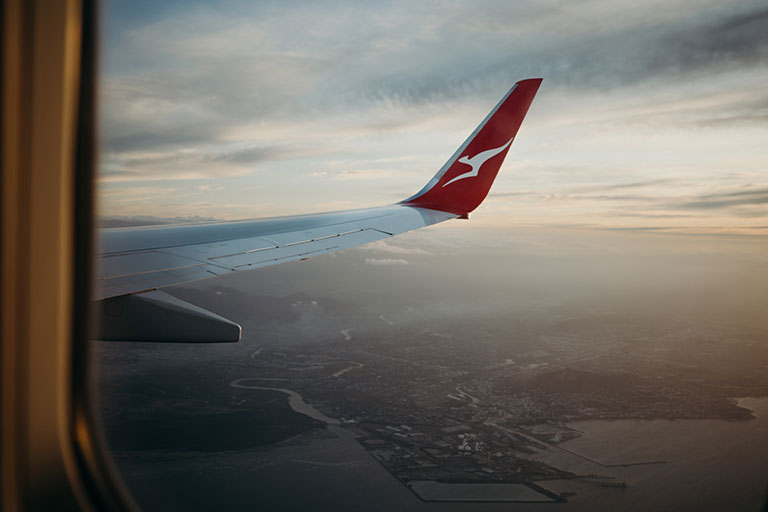Between May and July 2022, the ACCC is alleging that Qantas was selling flights for, on average, more two weeks after the carrier had already cancelled them. In some instances flights remained on sale for up to 47 days after Qantas had already cancelled the services. In addition, Qantas did not inform customers who had bought tickets that their flight was cancelled for an average of 18 days, and or up to 48 days in some cases.
The commission alleges the airline cancelled nearly one in four flights during this time, which equates to about 15,000 out of 66,000 scheduled domestic and international services. The ACCC alleges the selling of tickets on cancelled services relates to around 8,000 flights, while the failure to notify customers impacted around 10,000 flights.
“We allege that Qantas’ conduct in continuing to sell tickets to cancelled flights, and not updating ticketholders about cancelled flights, left customers with less time to make alternative arrangements and may have led to them paying higher prices to fly at a particular time not knowing that flight had already been cancelled,” said ACCC Chair Gina Cass-Gottlieb in a media statement announcing the court action.
“Cancelled flights can result in significant financial, logistical and emotional impacts for consumers.”
The ACCC has highlighted that it is not taking issue with Qantas cancelling flights, but rather with the actions it took once it had made decisions to terminate services.
“We allege that Qantas made many of these cancellations for reasons that were within its control, such as network optimisation including in response to shifts in consumer demand, route withdrawals or retention of take-off and landing slots at certain airports,” said Cass-Gottlieb.
“However, this case does not involve any alleged breach in relation to the actual cancellation of flights, but rather relates to Qantas’ conduct after it had cancelled the flights.”
On ABC radio this morning, the chair of the Australian Competition and Consumer Commission (ACCC), Gina Cass-Gottlieb, said the case against Qantas would be a test case for the commission as it sought to raise the price large corporations paid for these kinds of breaches.
“We are going to seek a penalty that will underline that this is not just to be a cost of doing business, it is to deter conduct of this nature.
“The highest penalty to date against a breach of the Australian Consumer Law was $125 million against Volkswagen and we consider that this should be a record penalty for this conduct.
“The ACCC is on a path of wanting to substantially increase the penalties that large corporations in relation to serious conduct pay for failing consumers and so this is going to be an important test for us. We consider these penalties have been too low. We think the penalties should be in hundreds of million not tens of million for breaches of keeping consumers accurately informed.”




















